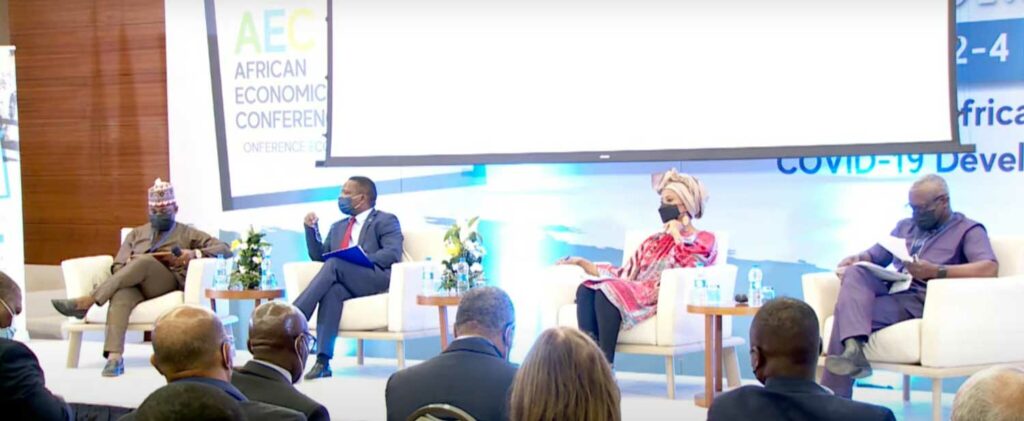African Economic Conference makes calls on stopping $90b leaving continent every year

Africa gets poorer by an amount of $90 billion that leaves the continent every year through illicit means, while the continent continues to struggle with increasing debt burdens, unemployment, broken health systems, worsened by the advent of the COVID-19 pandemic.
At the recently held African Economic Conference in Sal, Cape Verde, one panelist argued that African countries must work together to stop the volume of money living the continent through illicit financial flows.
Ahunna Eziakonwa, the UN Development Programme’s Assistant Administrator and Regional Director for Africa urged African countries to envision a future beyond aid, where domestic resources account for the majority of development investment. That would require “urgent and coordinated action to stop the leakage of $90 billion of illicit financial flow that leaves Africa every year,” she said.
Eziakonwa also noted that another solution lies in one of the continent’s most valuable resources: young people. She emphasized the importance of investing in the emerging generation, the fastest-growing demographic group in Africa. “We have to ride on the confidence of the young people. Africa’s ability to make it out of poverty and inequality depends on this spirit of the youth,” she said.
The Deputy Prime Minister of Cape Verde, Olavo Correia, speaking at the closing ceremony of the three-day hybrid event last Saturday December 4, said; “The next few years are critical for our continent…The richness that Africa has and the capacity it has doesn’t deserve to have people living in such poverty. We need to make the right decisions to fight extreme poverty.”
With a new variant of the COVID-19, Omicron ravaging the world, Africa has once again come into the spotlight.
“We are not out of the woods yet. Thus, there is an even stronger need to close the huge financing gap for the continent to build back bolder, bigger, better, and sustainably,” Eric Ogunleye, Advisor to the Chief Economist of the African Development Bank told the conference.
Economic experts speaking during the third day of the conference, said many African countries face the risk of defaulting if the G20’s Debt Service Suspension Initiative is not extended beyond this year. The bigger risk is that countries will fail to borrow and service their debts as they reach the 70-75 per cent debt ratio, said Dr Falilou Fall, Deputy Head of the Country Studies Division at the Organisation for Economic Co-operation and Development (OECD).
Bartholomew Armah, Director of the Macroeconomic and Governance Division at the Economic Commission for Africa, advocated for new strategies for financing Africa’s COVID-19 pandemic recovery, including domestic resources, and a rethink of the global financing architecture. Citing the International Monetary Fund’s Special Drawing Rights, he said: “We need to rethink who is the target of these financing resources.”
The theme for this year’s African Economic Conference is; “Financing Africa’s post-COVID-19 development.”
